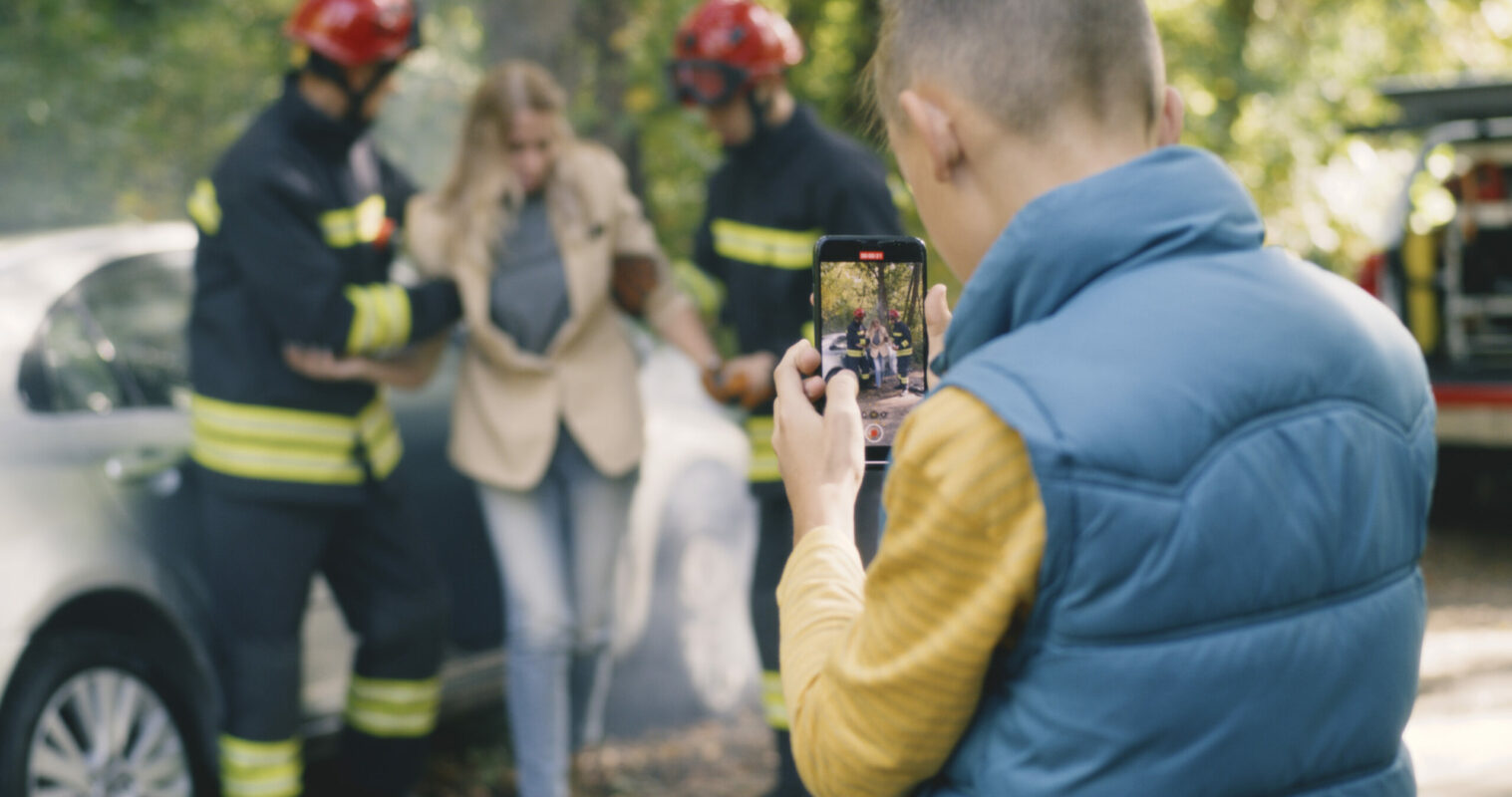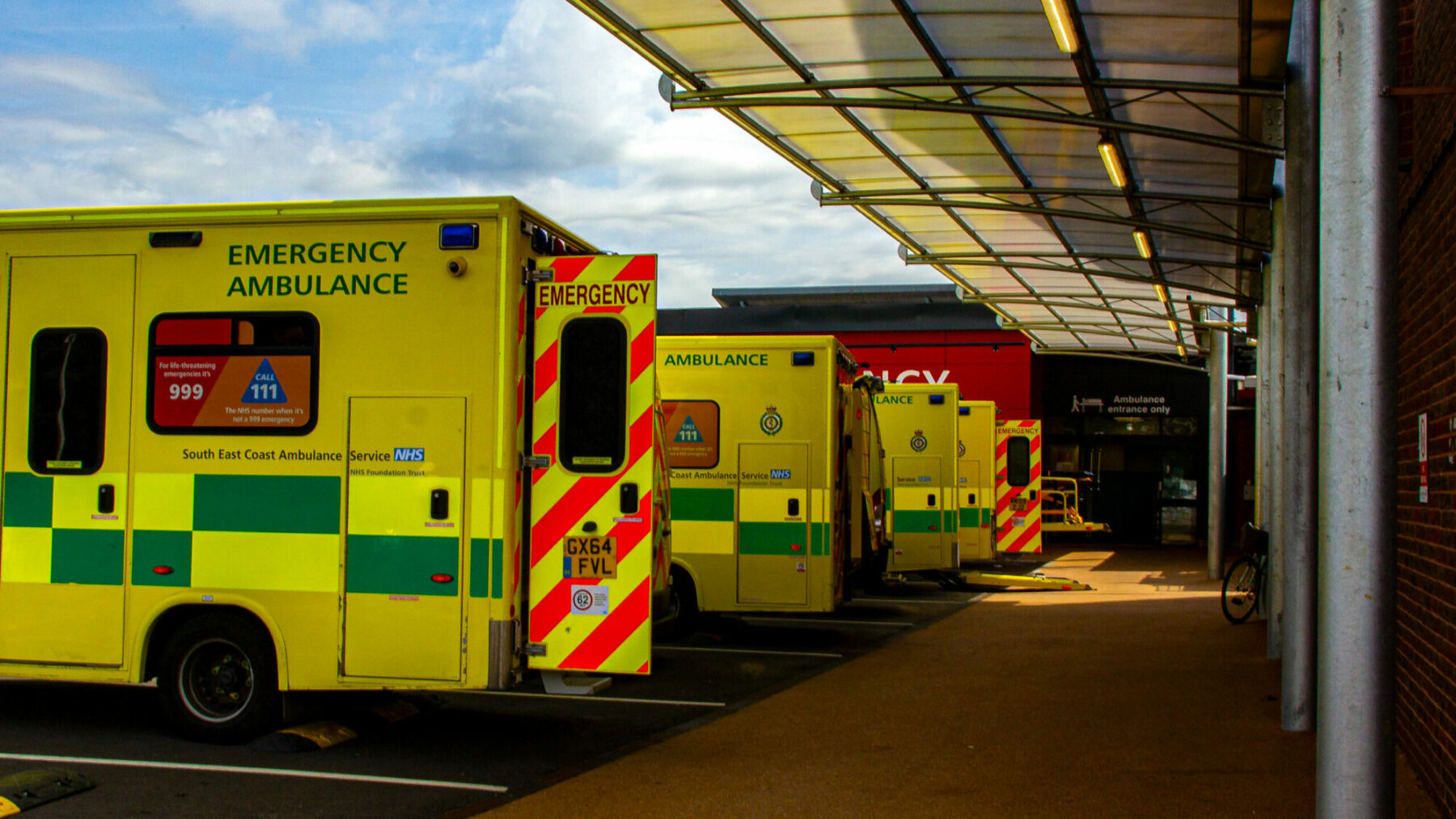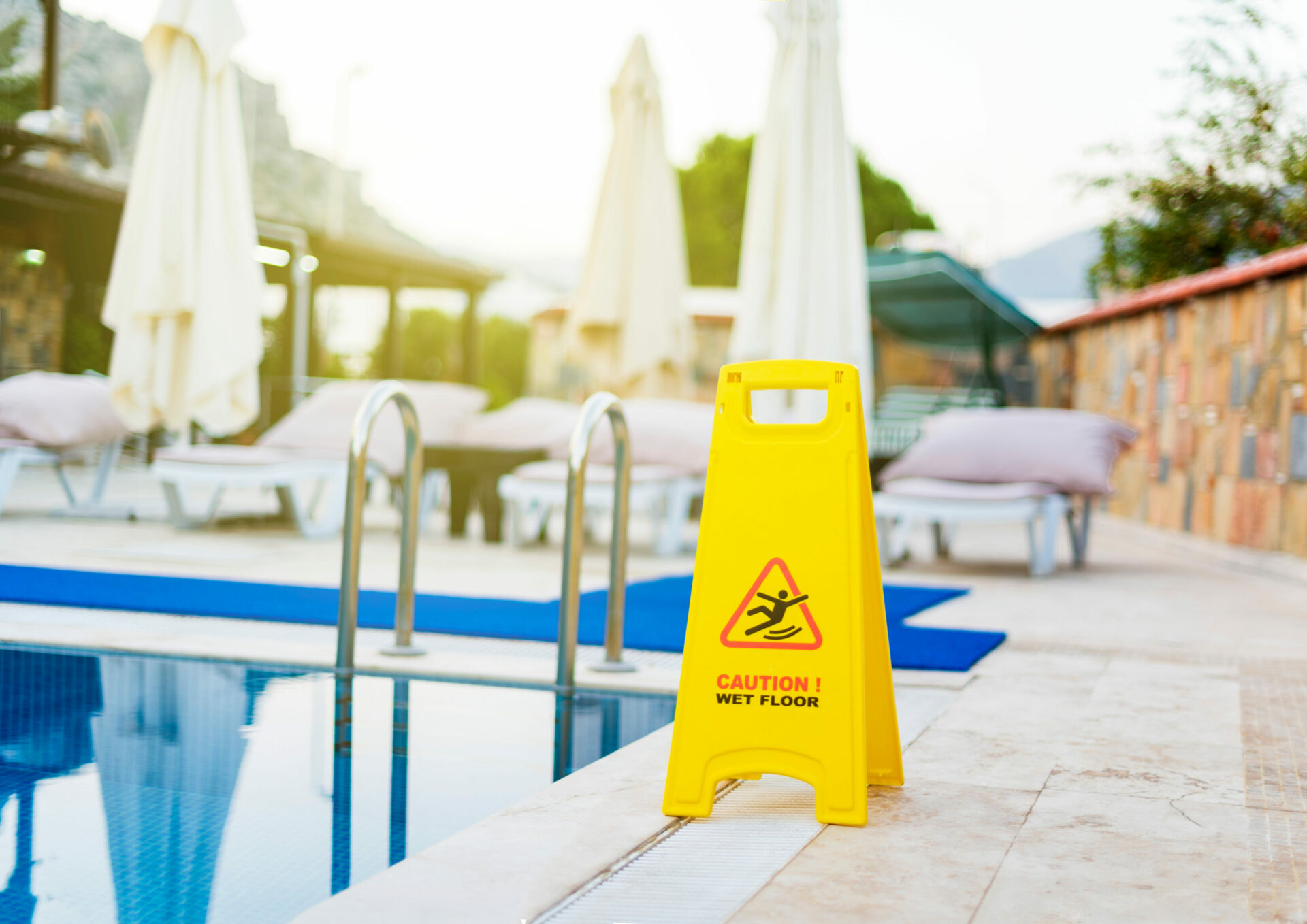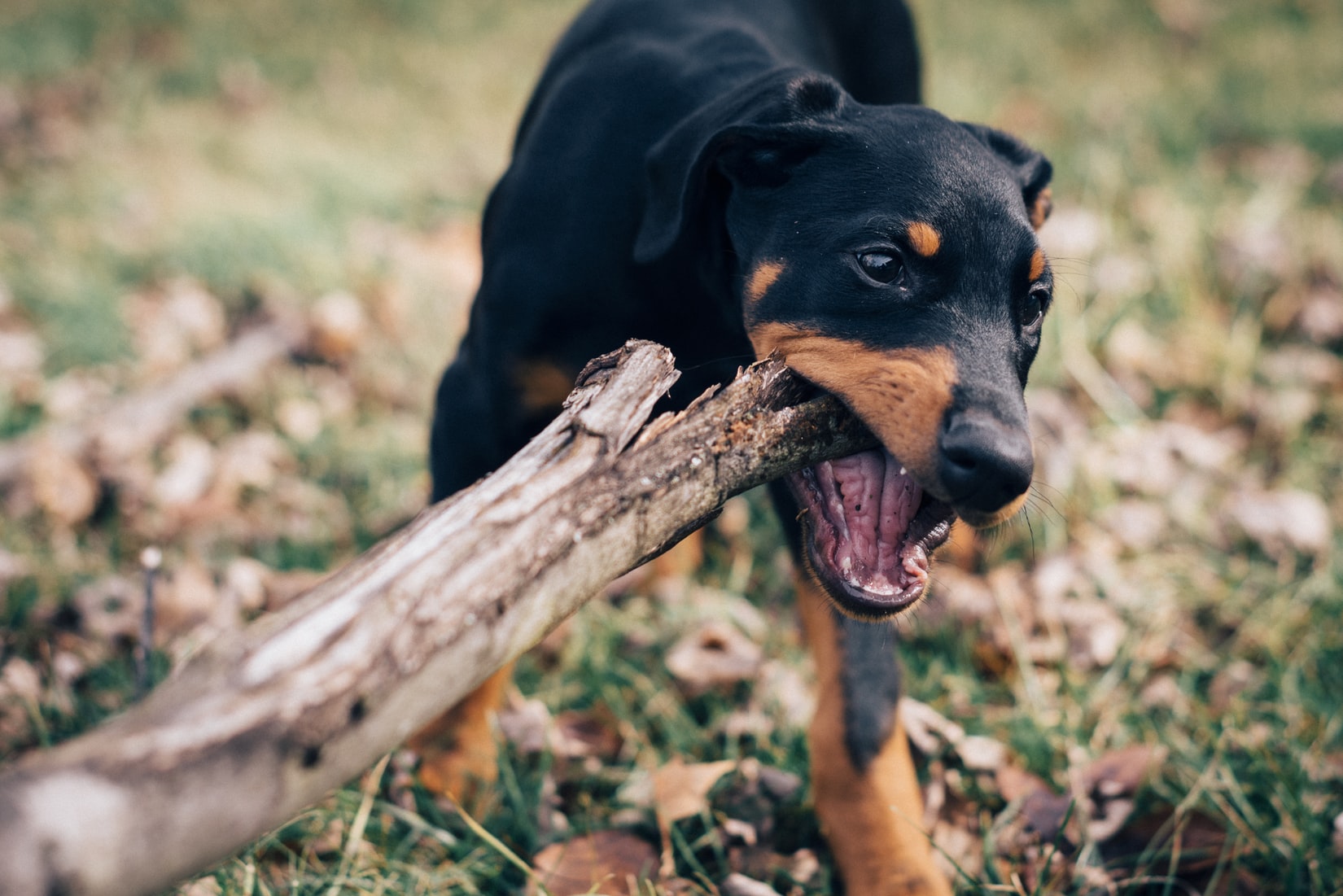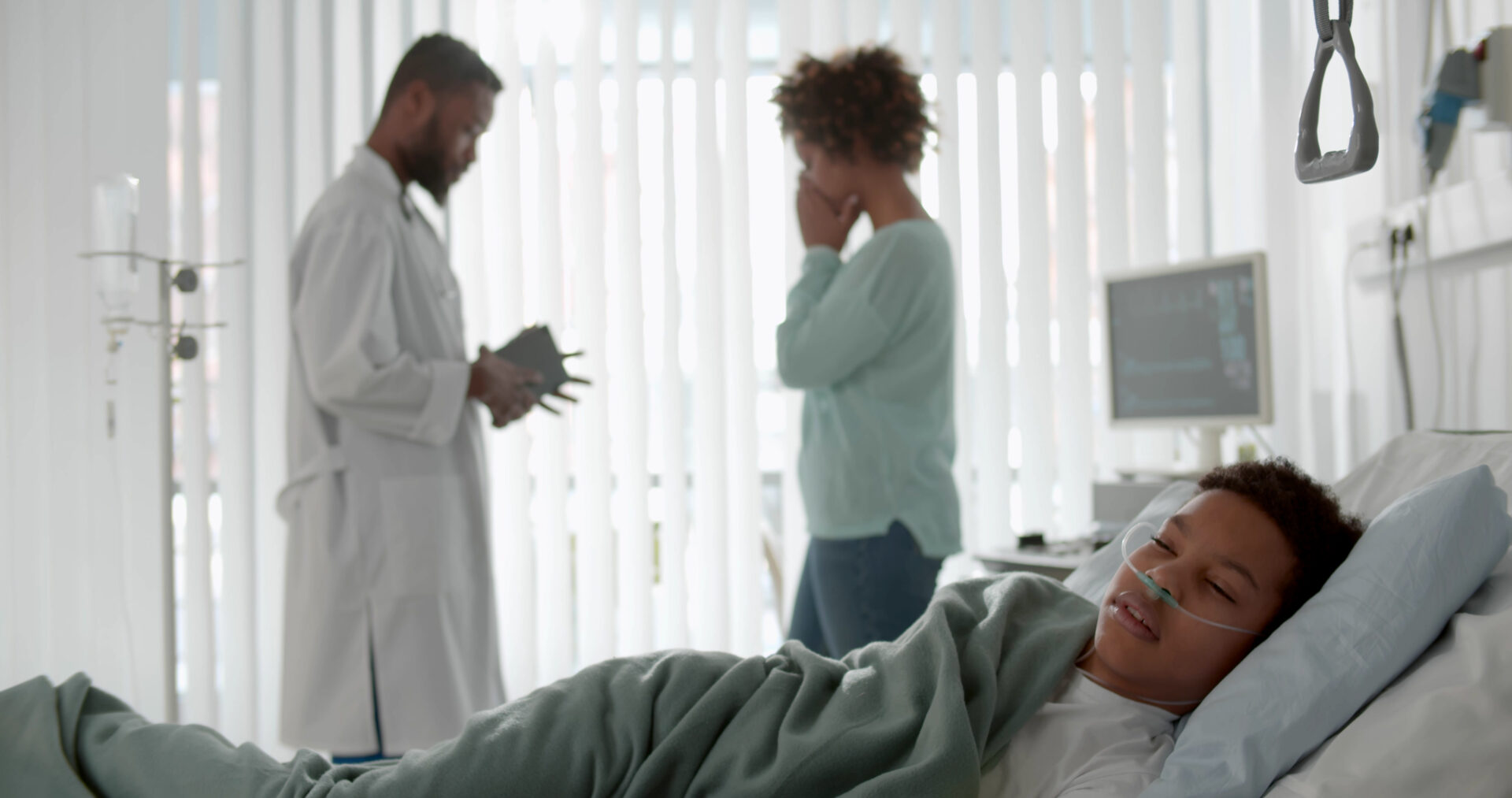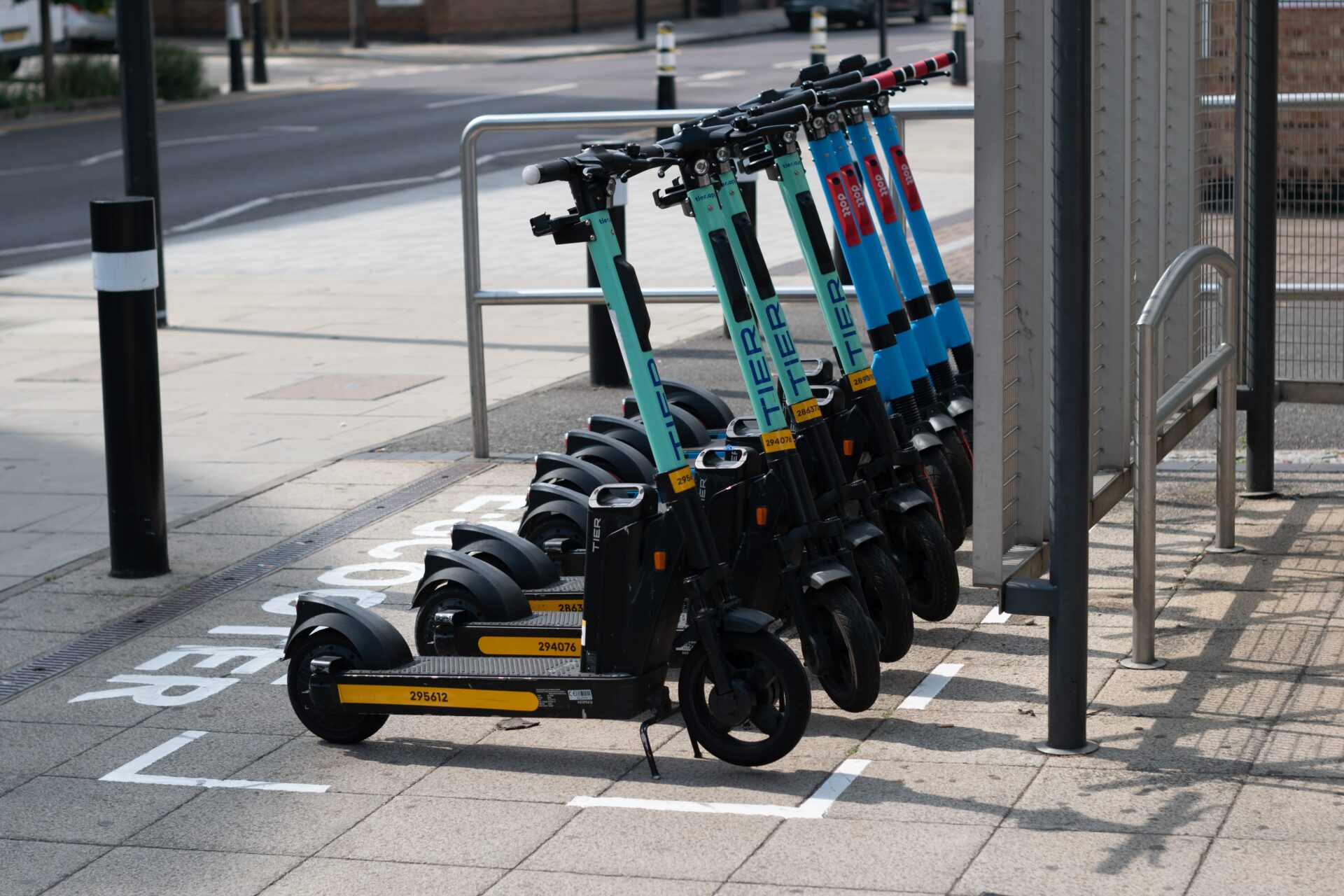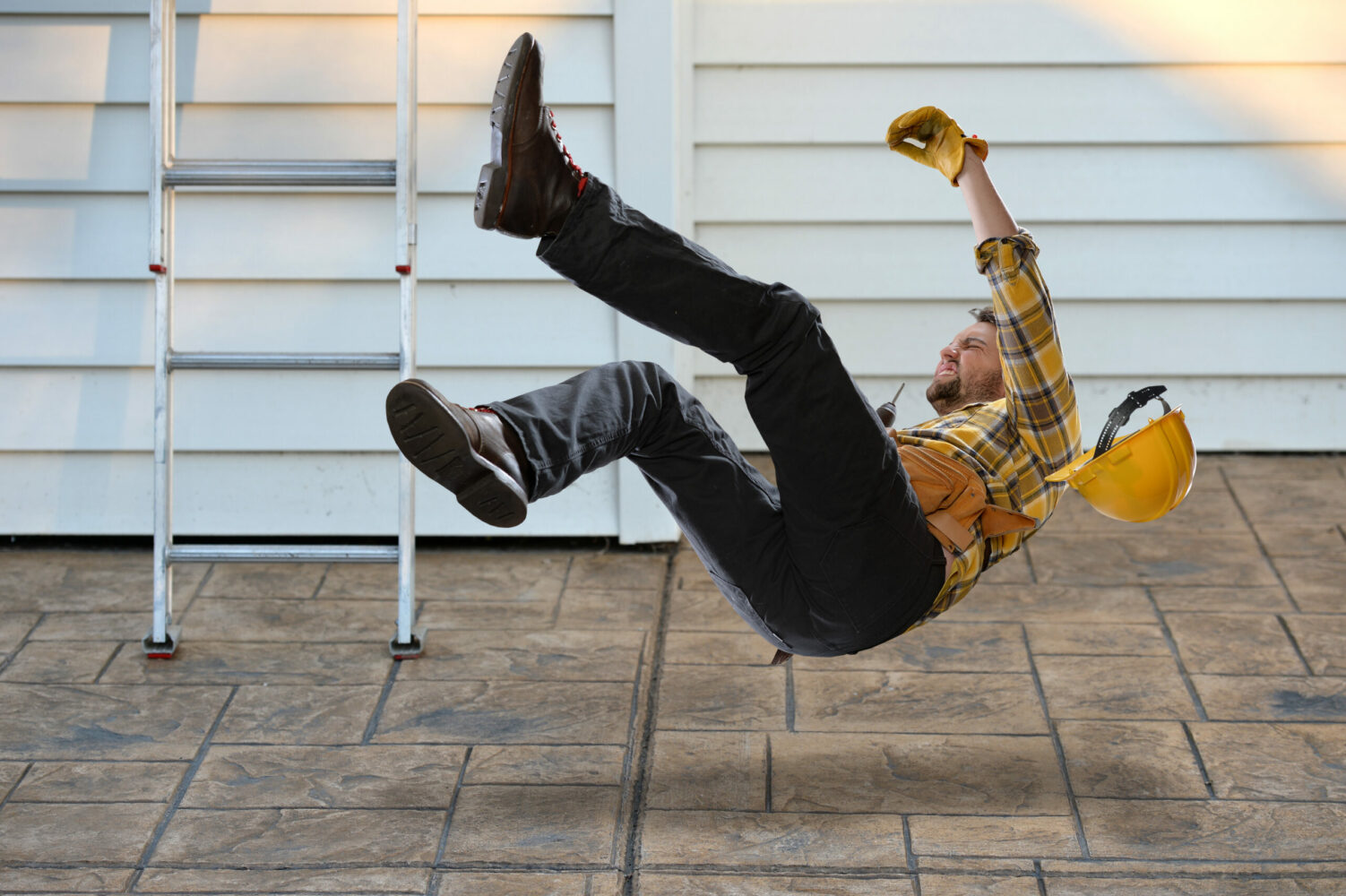
The majority of accidents in the workplace tend to occur when health and safety is either ignored or where there are either unsafe or poor work practices occurring. According to the Health and Safety Executive (HSE), falls from height are one of the biggest causes of workplace fatalities and major injuries. A slip and fall at work from height can result in a range of severe injuries including spinal, head and brain damage or even death.
Statistically, 27% of all UK workplace fatalities in 2019 were due to a fall from height, which was an increase on the previous year. Employers have a legal duty of care to ensure that they protect the health and safety of their employees whilst at work through minimising exposure to risk, which means they must provide you with the appropriate equipment and training.
What are common causes of accidents when working at height?
Some of the most common causes of accidents when working at height include:
- Harsh weather conditions – such as wind, rain, snow and ice
- Falls from broken or unsteady ladders
- Poorly constructed scaffolding that has not undergone proper safety checks
- Lack of appropriate PPE or weak safety railings
- Poor anti-slip floor protection
- Poor work practices and other employees not being trained on safety
What should you do if you fall from height at work?
If you have a fall from height at work the first thing to do is to seek medical attention as soon as possible. Even if there are no immediate signs of injury, there may be internal issues or even brain trauma that needs to be assessed. Your employer should have a first aider in place to assist you after an accident. You can then:
- Report the incident to your employer, ensuring it is accurately recorded in the accident book. If your employer does not have an accident book, record details of the incident and give it to your employer while keeping a copy for yourself.
- Record the names and contact details of any witnesses who saw the fall.
- Take photos of the accident scene if you are in a position to do so.
Also be sure to keep a copy of any medical records and expenses you may incur as a result of your fall, as this could be used as part of a personal injury claim.
Do accidents at work have to be recorded?
By law, employers must have an accident book if they employ 10 or more members of staff. Employers are also legally obliged to report all workplace accidents, injuries and near-misses to the Health and Safety Executive (HSE).
This obligation comes under the Reporting of Injuries, Diseases and Dangerous Occurrences Regulations (RIDDOR) and reports can be made online via the HSE website.
Can you claim compensation for a fall at work?
You may be able to claim compensation for a fall at work if you have suffered an injury. This could include compensation for:
- Loss of earnings
- Medical expenses (for prescriptions etc.)
- Care and support
- Pain and suffering
- Recovery time
- Ongoing effects of injury
- Rehabilitation
The type of compensation you could be eligible for will depend on several factors, which can be assessed once the full extent of the incident has been reviewed.
How do you start your claim?
If you or a loved one has suffered an injury due to an accident at work, our specialist team of legal experts can help. We’ll look at your case in detail and will work to help you get the best possible outcome. To start your accident at work claim, get in touch with our personal injury team today by calling 020 3588 3500. Alternatively, you can contact our Head of Personal Injury, Minal Popat.
Table of content
Recent Posts
What Age Can a Child Decide Which Parent to Live With? A Family Solicitor’s Insight
Divorce and separation are incredibly difficult for everyone involved, [...]
Tokenization: UK Law On Tokenizing Real-World Assets
The world of finance is being reshaped by tokenization, where [...]
Lidl v Tesco: A Clubcard Catastrophe
In an unexpected turn of events, discount supermarket giant [...]

